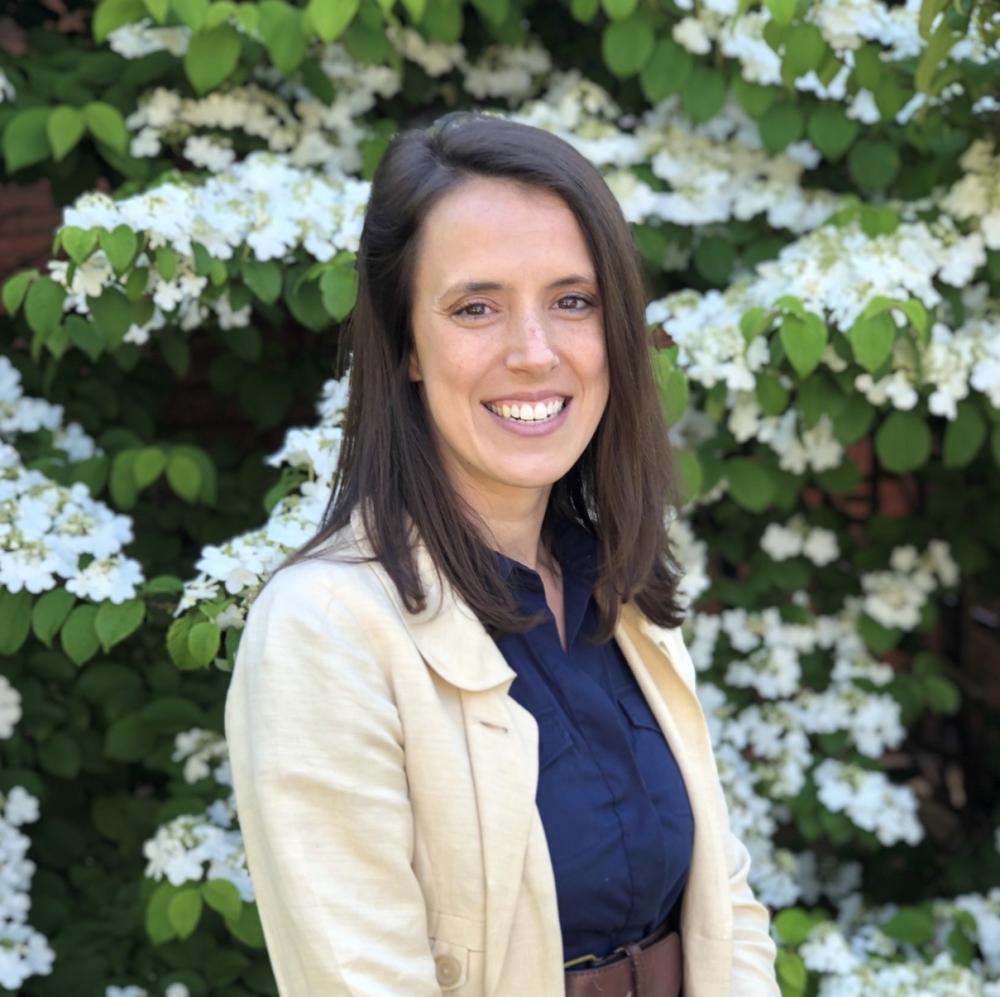
(Image: Roberto Sorin/Unsplash)
Research studies that test potential treatments for rare diseases have long faced excessive costs, prolonged timelines and a staggering failure rate. One frequently cited 2019 analysis found that over half of randomized controlled trials studying rare diseases — defined as conditions affecting fewer than six patients per 10,000 people — are ultimately discontinued or unpublished. Another study from the U.S. Food and Drug Administration (FDA) estimates that just 5 percent of rare diseases have an approved treatment drug.
Clinical trial failures are often not due to the drugs but rather to inefficient study designs, patient recruitment difficulties and logistical barriers. Traditional clinical trials rely on multiple third-party companies to conduct the research at a number of trial sites in various locations, often creating redundancy and delays.
Uncommon Cures, a pharmaceutical startup founded in 2023, aims to revolutionize rare disease clinical trials by combining the work of research organizations and trial site operations under a single system. This approach eliminates unnecessary contracting, multiple approvals and logistical inefficiencies, cutting trial durations by up to two years and reducing costs by an estimated 30 percent to 50 percent, according to Uncommon Cures. By partnering with advocacy groups, the startup also ensures patient needs are prioritized, which it says enhances patient recruitment and retention.
Most rare disease drugs fail in clinical trials for reasons completely unrelated to the drug itself, instead failing due to problems with the research process. “Issues like under-recruitment or failure to retain patients often stem from poor study design that doesn’t take into account the unique nature of rare diseases,” said Alan Freeman, chief strategy officer for Uncommon Cures.
Traditional trials often treat rare diseases as they would more common diseases. But many rare diseases are not widespread enough to have large pools of participants for clinical trials, so Uncommon Cures works with researchers to create scientifically rigorous studies using smaller populations. The company also operates trial sites designed to feel more like a home than a hospital and even brings the trial to patients’ homes when possible, reducing travel burdens and improving participation rates. “Our job is to simplify clinical trials while making the patient experience as easy and pleasant as possible,” said Chuck Bucklar, the company’s chief business officer.
Uncommon Cures recently partnered with Orphan Therapeutics Accelerator, a nonprofit biotech firm dedicated to rescuing and commercializing shelved ultra-rare disease treatments, to bring more promising treatments to the patients who need them.
Still, it is challenging to adapt clinical trial structures for small patient populations. Instead of large, double-blind, randomized trials, Uncommon Cures is exploring clinical trial designs where patients can refer to their own condition over the course of their disease as a control for the study. “We advocate for regulatory acceptance of these approaches, which can reduce patient numbers from 80 to 20 while maintaining statistical rigor,” Bucklar said.
Along with regulators, new trial methodologies can also be a tough sell for drug companies. “Many companies are accustomed to the traditional system and are hesitant to deviate from it,” Freeman explained.
While it's too early to know how this new approach will impact the industry, Uncommon Cures has big plans for the future.
“Today, success means running active clinical trials, earning the trust of sponsors and patients, and executing trials in a way that leaves families feeling respected and valued,” Freeman said. “Five years from now, we want to be conducting more trials across multiple locations, expand patient accessibility and participation, and maintain a patient-first philosophy while scaling operations responsibly. We want to get more drugs to the point where they can be brought to market.”
Those ambitions extend beyond the company’s own trials, Freeman said. “We want to lead a global conversation on better rare disease clinical trial practices.”

Mary Riddle is the director of sustainability consulting services for Obata. As a former farmer and farm educator, she is passionate about regenerative agriculture and sustainable food systems. She is currently based in Florence, Italy.














